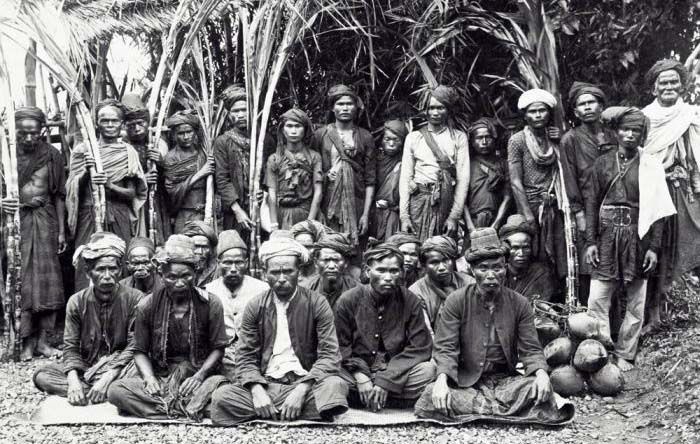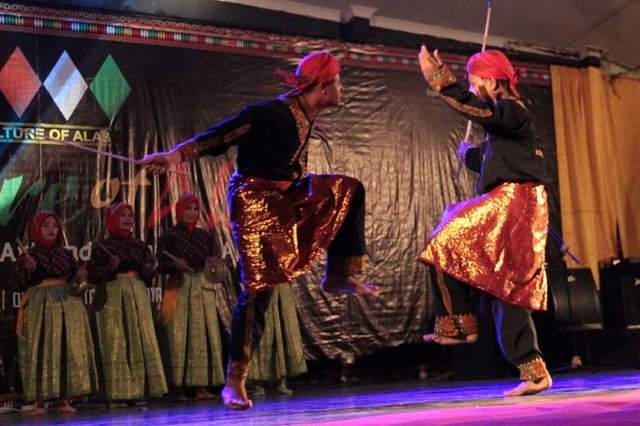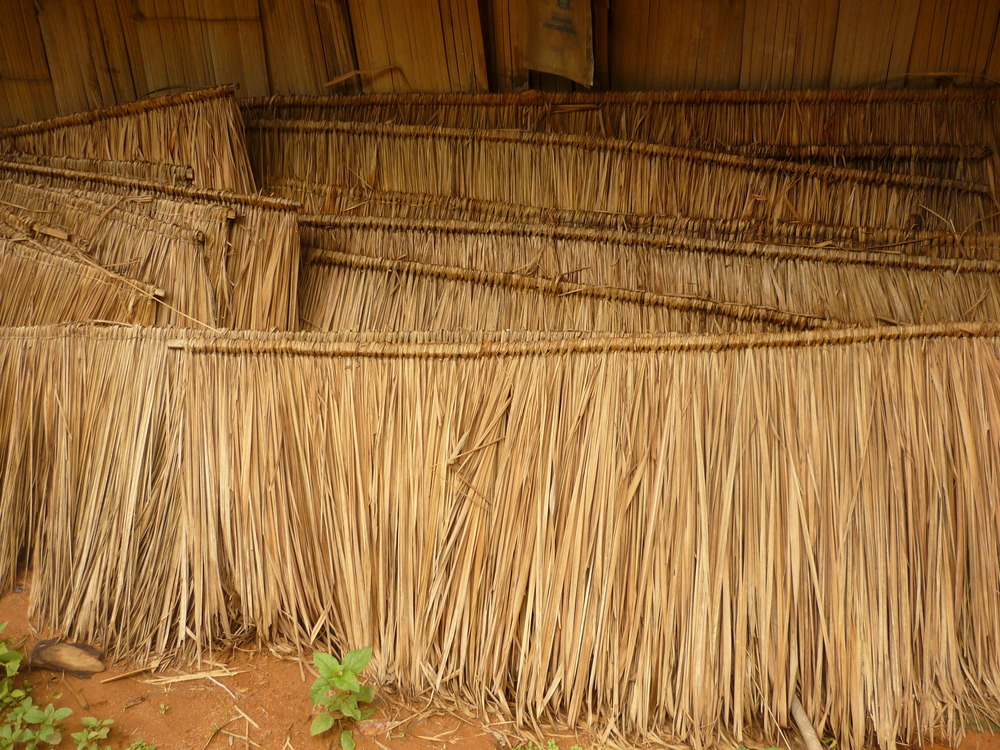
is one of the tribes who live in Southeast Aceh District, Aceh Province (which is also commonly called Tanah Alas). The word "base" in Alas means "mat". This has something to do with the condition of the area that stretches flat like a mat on the sidelines of Bukit Barisan. Tanah Alas area through many rivers, one of them is Lawe Alas (Alas River). Most Alas tribes live in rural areas and live on farms and farms. Tanah Alas is a rice granary for Aceh. But besides that they also garden rubber, coffee, and candlenuts, and look for various forest products, such as wood, rattan, resin and incense. While the animals they cultivate are horses, goats, buffalo, and cows. Alas village or village called kute. A kute is usually inhabited by one or several clans, called a merge. Members of one merge are from one common ancestor. Their family life pattern is unity and unity. They draw a patrilineal lineage, meaning male lineage. They also adhere to the custom of exogamy merge, meaning that mate should be sought in other merge. Alas tribe 100% is adherents of Islam. Yet there are also those who believe in shamanic practices for example in agricultural activities. They perform ceremonies with a certain background of belief in order for their farm to bring good results or to avoid pests.
History
Ukhang Alas or commonly known as Khang Alas or Kalak Alas has long settled in Alas valley, this is proved long before the Dutch colonial government entered Indonesia. The situation of Alas valley residents has been recorded in a book authored by a Dutchman named Radermacher (1781: 8), when seen from the historical record of the entry of Islam into the Land of Alas, in 1325 (Effendy, 1960: 26) it is clear that this population already exists although still nomadic with animist beliefs. Alas name intended for an or ethnic group, while the area of Alas called Tanoh Alas. According to Kreemer (1922: 64) the word "Alas" is derived from the name of an ethnic chief (grandson of King Lambing) descendant of King Pandiangan in the Land of Batak. He lives in the oldest village in Tanoh Alas, Batu Mbulan Village. According to Iwabuchi (1994: 10) King who first settled in Tanoh Alas is located in the village of Batumbulan known as KING SLOW, the descendant of King Pandiangan in Tanah Batak. King Lambing is the ancestor of the merga Sebayang in Tanah Karo and Selian in Tanah Alas. King Lambing was the youngest of three siblings: his oldest brother was King Patuha in Dairi, and number two was King Enggang who moved to Kluet Aceh Selatan, his descendants and followers were merga Pinem or Pinim.
Livelihood
The livelihood of the Alas tribe is agriculture and livestock. Agriculture can include planting rice, rubber, coffee, and candlenuts, as well as looking for various forest products, such as wood, rattan, resin and incense. As for the farm they keep horses, goats, buffalo, and cows.
Religion
Alas tribe adheres to the teachings of Islam. But there are also those who believe in shamanic practices for example in agricultural activities.
Language
The language used is Alas Language (Cekhok Alas) This language is a language family of Austronesia Kluet tribe in the district of South Aceh also uses a language similar to the language of Alas tribe.
Dance Arts

- Dance Mesekat
- Pelabat
- Landok Alun
- Cries Dilo
- Canang Situ
- Canang Buluh
Craft

- Nemet (plucking leaf rumbia)
- Mbayu amak (pandan mat)
- Embroidery custom clothing
- Iron Pande (your bekhemu blade)
Traditional Food

- Manuk labakh
- Fish labakh
- Puket Megaukh
- Lepat bekhas
- Gelame
- Puket Megaluh
- Fruit Khum-khum
- Pacule kule fish
Nice boy
Downvoting a post can decrease pending rewards and make it less visible. Common reasons:
Submit